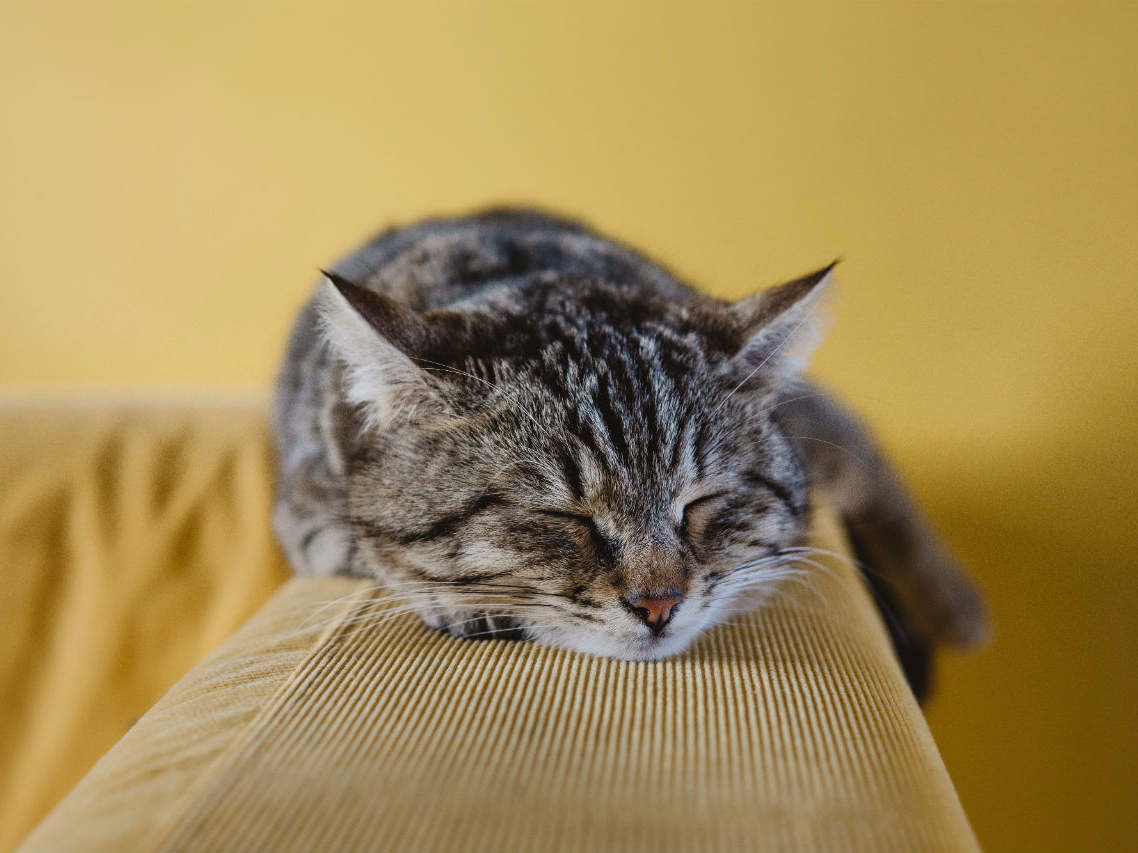Sunday March 26 is the beginning of Daylight Saving Time in the UK, which is when the clocks go forward. Yes, this is the bad one where we’re inconsiderately robbed of an hour of sleep.
The idea is that we are given a little extra sunlight throughout the day, which makes a welcome change from the long, dark winter.
However, for all the benefits of having a longer day, losing that hour of sleep can be surprisingly challenging to adjust to, especially when a lot of us don’t get enough sleep as it is.
According to the NHS, regular poor sleep puts you at risk of developing a variety of nasty disorders, including obesity, heart disease, and diabetes. It could also shorten your life expectancy.
Sleep scientist Dr. Robert Oexman is the director of The Sleep to Live Institute, which is an organisation that researches the things that could be impacting your sleep, and engineers solutions to improve your shut-eye.
Oexman says that while time adjustments such as jet-lag can wreak havoc on our sleep schedules and energy levels, our bodies are generally good at adjusting to one hour changes in spring and autumn - but you have to know what to do.
Business Insider spoke to Dr. Oexman to find out how Daylight Saving Time impacts our bodies, and how you can get a better night's sleep when the clocks go forward. Scroll down for everything you need to know before Sunday rolls around.
Daylight Saving Time changes our biological clocks.
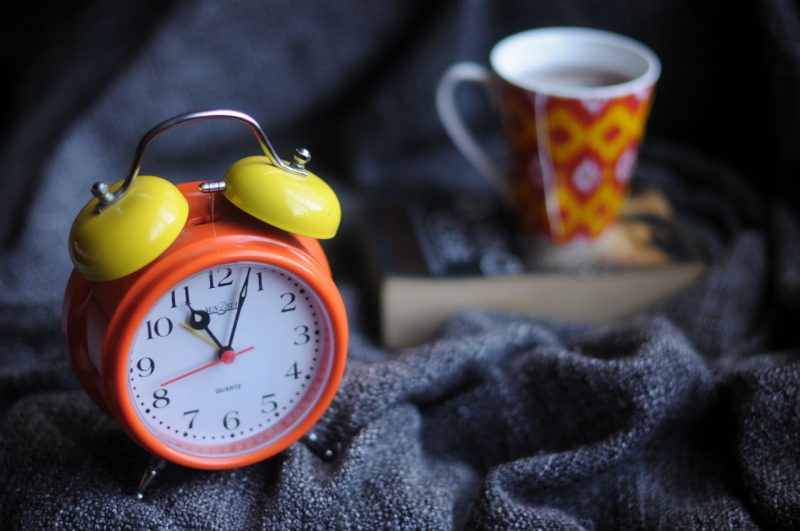
Our bodies all run on an internal biological clock which is known as our circadian rhythm. The clock on the wall is slightly shorter than the one in our bodies, because we have evolved to work around daylight. Days are a tiny bit longer than 24 hours, and this small amount of time accumulates every four years - on leap years - to give us an extra day.
Dr. Oexman says this means we actually reset our circadian rhythms every day to manage this, but it's a lot easier to make the adjustment when we lengthen the days rather than shorten them.
"That makes the springtime that much more difficult as we shorten our day. It's much more difficult to manage that, because that's the opposite of our normal circadian rhythm, as it's just a little bit longer than 24 hours," he told Business Insider.
Some people are better at managing the adjustments than others.
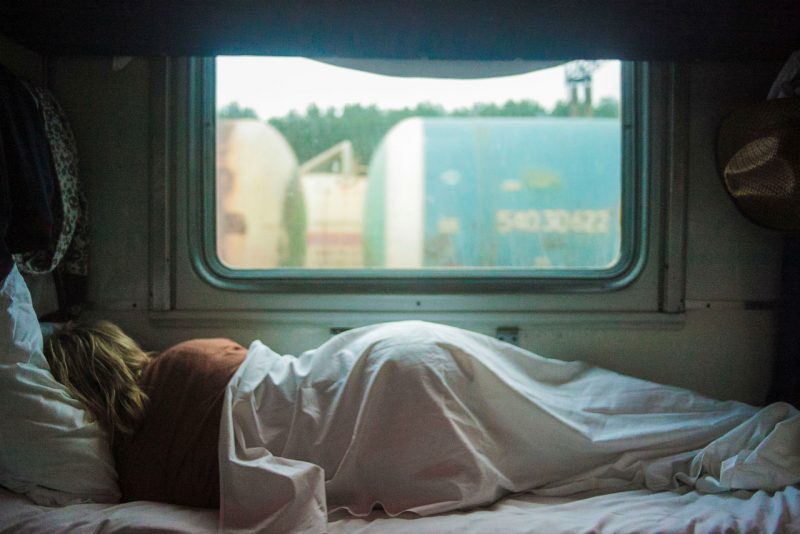
Oexman says often there is an increase in the number of people calling in absent from work the week following Daylight Saving Time, meaning that "obviously people don't manage that one hour time change very well."
He said that we force our bodies to manage what we think is the right thing to do, which is clear among people who work very late yet set their alarm clocks for an early start.
"It is a trainwreck what we have done with our lives and our bodies, trying to make it fit with what we think should be right," he said.
To stay on track, the most important thing is your routine.
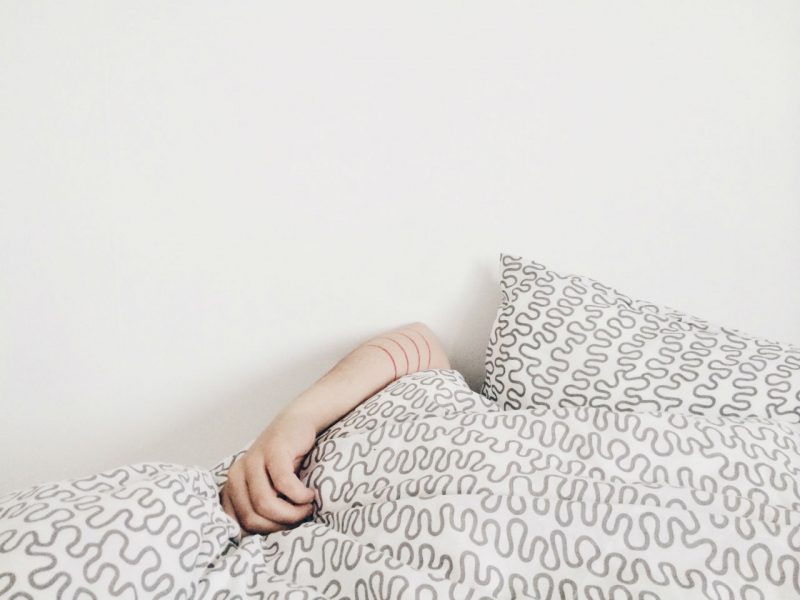
Methods of getting the best night's sleep possible are called "sleep hygiene."
According to Oexman, the most important tool you have at your disposal is a regular routine. He says our biological clocks are very accurate, and they don't like to be messed with.
Children are a great example. After about six months to a year, parents can put them to bed at the same time every night and they'll usually wake up at the same time every morning. Youngsters then get very agitated if they're forced to stay up too late when travelling or at an event - a feeling many adults can also relate to.
We should keep a good routine as adults, Oexman says, such as going to bed at 10 p.m. and waking up at 6 a.m. every night, including the weekends.
"If we [do this] our biological clock is running well, and we tune the rest of our bodies to line up with [it]," he said.
Of course, the odd night out with friends or long plane trip isn't going to do any damage, Oexman says, but the rest of the time your routine should be your priority when it comes to sleeping well.
"Consistency is absolutely the best rule," he said.
Getting a lot of sun also helps...
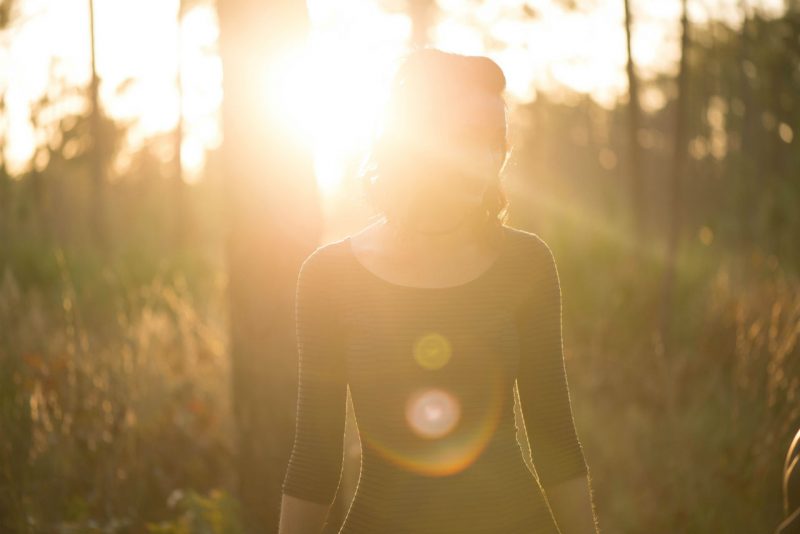
As well as being strict with your bedtime, sunshine can also help you stick to a routine. The best way to reboot ourselves every night is with a zeitgeber - anything that resets our biological clock.
The best zeitgeber, Oexman says, is the sun. The more you can expose yourself to light during the day time, the quicker your biological clock will reset overnight. This means going out and getting some exercise during the day, rather than napping.
Of course, if you are a surgeon or a truck driver, napping is unavoidable. But for the rest of us, Oexman says it will set you up for disaster when it's time to go to bed the next night.
...But darkness is your friend.

While as much light as possible during the day is great, at nighttime it's all about darkness.
That means getting yourself some blackout curtains to keep out light from streetlamps or cars. If that's not possible, an eye mask works pretty well.
Cool temperatures - ideally 18-20 degrees celsius - are also best, because over the course of the day, our body temperatures naturally fluctuate. Our internal temperature is usually highest in the afternoon and drops to its lowest around 5 a.m. If you help your body get to that cooler temperature faster, you can get to sleep more easily.
Oexman says making sure you have the right mattress and pillow is also important. You know yours aren't right for you if you don't sleep or wake up in pain.
You should also avoid self-medicating.
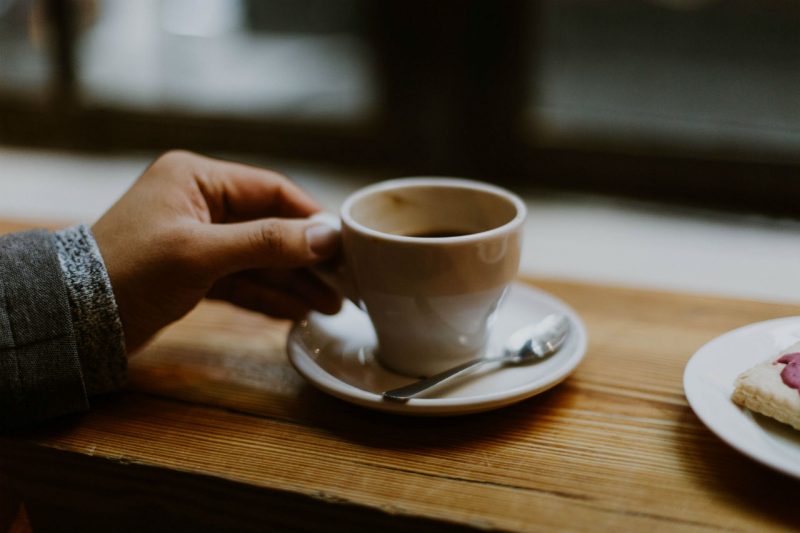
In 2016, Aviva conducted research which showed 37% of adults in the UK say they don't get enough sleep - the highest number out of the 13 countries polled. In the US, about 50% of the population admits to getting six hours or less per night by choice, according to Dr. Oexman.
They don't suffer from insomnia, but instead choose to do other things, then force themselves to wake up with a bleeping alarm clock in the morning. Oexman says this is not healthy and is unnatural.
"We're the only living creatures that deprives ourselves of sleep," he said, adding that no other species wake themselves up with an alarm clock.
We then have to live with the consequences, which are vast. The whole energy drink industry, for example, exists because we need to self-medicate with caffeine to stay alert.
Oexman says you just need to ask someone how much sleep they get on holiday to find out what they need - and they'll often admit to getting a lot more than they do on a normal day. When they're away from work, they have the opportunity to give their body the amount of rest it actually needs.
The worst thing you can do is try and make up for lost sleep.
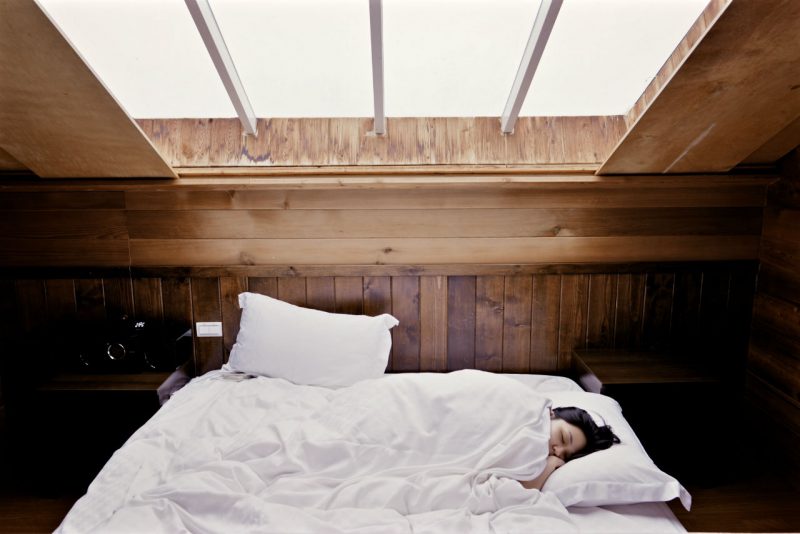
"As we change to Daylight Saving Time, I would never suggest anyone go to bed probably on that Saturday night at a different time," Oexman said. "I would tell them to go to bed at the exact same time."
According to Oexman, the worst thing you can do it try and get to bed earlier, or sleep in an extra hour. This is because your biological clock is very good at adjusting to small changes, such as losing an hour, but if you mess with it too much then you'll likely feel the effects throughout the rest of the week. That means no napping during the day, either!
It's a bad idea if you decide to sleep in the morning after the clocks go forward, because you'll find it even harder to get to sleep the following evening. Oexman says this can then spread into the week ahead, leaving you feeling fatigued until the following weekend.

